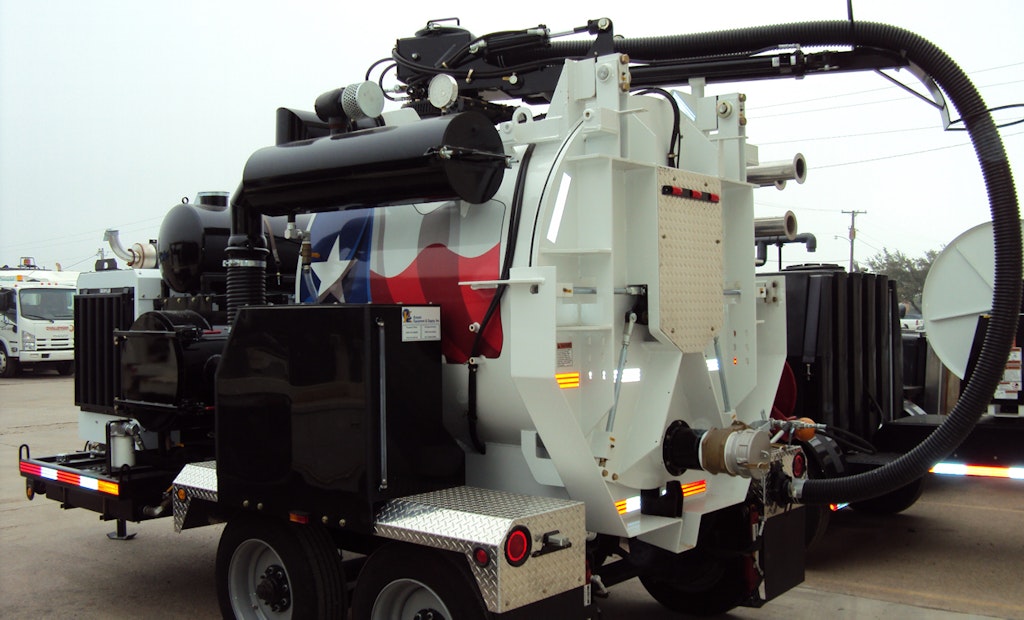Interested in Municipal/Industrial?
Get Municipal/Industrial articles, news and videos right in your inbox! Sign up now.
Municipal/Industrial + Get AlertsIf you are comfortable with the maintenance routine for a truck-mounted vacuum excavator, you’re well equipped to handle maintenance on the trailer-mounted variety. But one key difference on a trailer-mounted unit is also one of the most overlooked maintenance items, according to Jerry Hatfield, training and warranty manager for Sewer Equipment.
“The hitch system is probably the one point that doesn’t get enough attention on a trailer unit because you don’t have that on a truck,” Hatfield says. “But it’s critical because that’s what is pulling the unit down the road.”
And there’s more than just having a piece of equipment out of commission that is at stake.
"We’ve heard of incidents where a hitch will literally break off the trailer,” Hatfield says. “Now you’ve got this trailer careening down the road. It’s a public safety issue naturally, and it can also hurt the operator of the truck.”
Good hitch maintenance begins with careful inspection on a daily basis.
“If it’s a ball hitch, you need to check the condition of the ball itself. Are there edges ground off of it, or does it have a crack? Is it loose? Has anyone tightened it recently? If it’s a pintle hitch, it’s a little different, but those should be looked at as well because they will crack from fatigue after awhile,” Hatfield says.
Also keep an eye out for any developing cracks on the tongue area of the hitch that is welded or bolted to the frame of the trailer, and don’t forget to check the underside of the hitch. “A lot of these cracks may start forming on the bottom rather than on the top and not be easily visible,” Hatfield says. “And in northern areas where there’s a lot of salt on the roads in the wintertime, if you’ve got a crack on the bottom, now you’ve got salt spray that’s getting in there creating rust and fatiguing the metal that much more.”
To prevent such damage in the first place, Hatfield recommends not overloading the trailer.
“Really heavy loads will eventually take a toll,” he says. “Watch your loads. Don’t overload the trailer. Don’t overload the debris tank and make sure you’re not carrying a lot of excess water with your debris. Safe driving habits also have some impact on the condition of the hitch and how well it will last.”
Heavy load or not, Hatfield also notes that there will be extra stress on the hitch if the trailer is not attached to the truck in the right way.
“Make sure the trailer is running relatively level so the tires are all carrying the load the same way,” he says. “Say the hitch on the trailer is high. If it’s a dual-axle trailer — and most units are — now you’re carrying a lot of weight on the rear axle that should be running on the front axle, and that puts a lot of additional strain on the hitch. It puts a lot of leverage on it and the metal will fatigue because of it.”
For more tips about vacuum trailer maintenance, see the story 9 Trailer-Mounted Vacuum Excavator Maintenance Tips.






